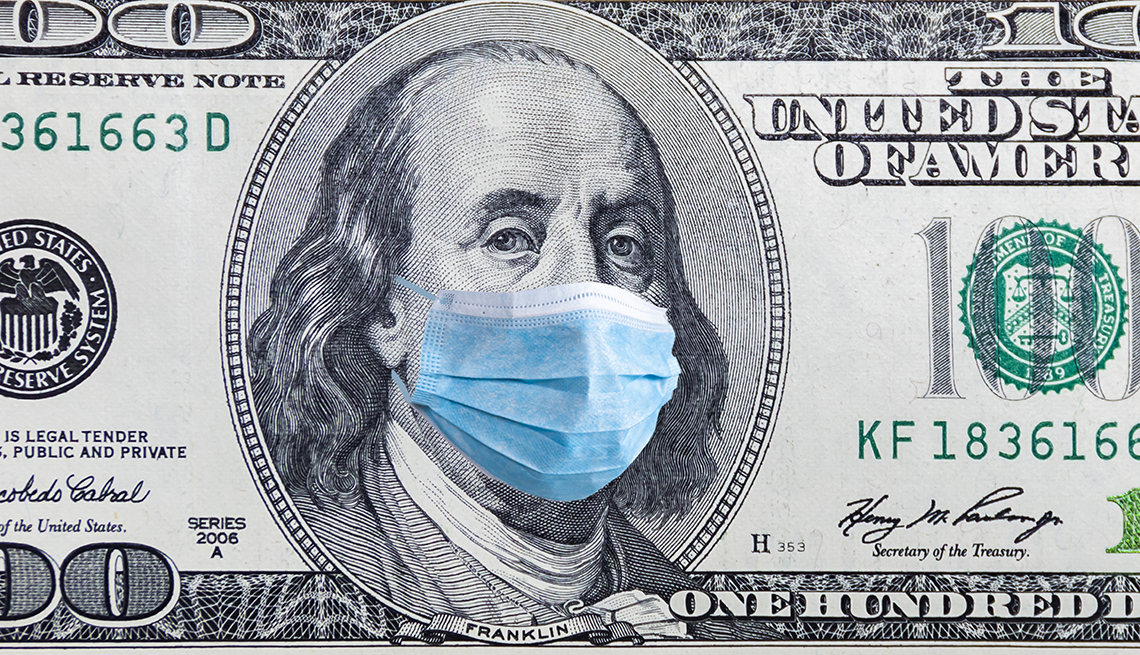- Select a language for the TTS:
- UK English Female
- UK English Male
- US English Female
- US English Male
- Australian Female
- Australian Male
- Language selected: (auto detect) - EN
Play all audios:
Comedians invited to perform at a benefit gig at Soas University of London have been sent a "behavioural agreement" that forbids them from tackling any topic in a way that is not
"respectful and kind". Konstantin Kisin, a comedian and free speech campaigner, pulled out of next month's event after being sent the contract. "I was genuinely
shocked," he said. "I've performed at students unions many times before and never been asked to sign a contract." Kisin was among five comedians scheduled to perform at
the event, which is being held to raise money for Unicef. They all received an email from Fisayo Eniolorunda, the organiser from Soas's Unicef on Campus society. The email read:
"Attached is a short behavioural agreement form that we will ask for you to sign on the day to avoid problems." It said the contract had been written "to ensure an environment
where joy, love and acceptance are reciprocated by all." By signing it, the performers were "agreeing to our no tolerance policy with regards to racism, sexism, classism, ageism,
ableism, homophobia, biphobia, transphobia, xenophobia, Islamophobia or anti-religion or anti-atheism." It added: "All topics must be presented in a way that is respectful and
kind. It does not mean that these topics can not be discussed. But, it must be done in a respectful and non-abusive way." Kisin said it was vital that comedians were not prevented from
exploring difficult issues on stage. "Obviously performers shouldn't be allowed to go on stage with the intention of being racist or homophobic," he said. "But comedians
play with ideas and sometimes we stray over the line, or are perceived to have done so. It's vital that we're not prevented from playing with ideas in that way or forced to sign
contracts that mean if that happens, we're held up as having broken our word." The National Union of Students said contracts of this sort were very unusual. "There is little
to no evidence that students' unions are routinely dictating what they can and can't say," a spokesperson said. "Some students' unions will have policies to ensure a
booking is appropriate; others will not. There is more likely to be a basic 'sense check', as would occur in any other venue, to ensure that there isn't an obvious mismatch
between a booking and the audience they'll be performing in front of." Unicef on Campus societies are independent of Unicef's national organisation._ _The society said in a
statement: "We are a group of students who … do not represent Unicef or any student body. We extended an invitation to guests with the idea of hosting a comedy night to raise funds.
Given that Unicef is a children's charity, we wanted to make sure it was an appropriate event for the cause. We would never wish to impose that guests would have to agree to anything
they do not believe in. We apologise for the misunderstanding." Soas students' union said it did not require external speakers to sign any form of contract before speaking at
events and the Unicef on Campus society had been "overzealous" in interpreting guidelines. A spokesperson said: "The union believes fully in freedom of speech and the freedom
to try to make people laugh." Examples of student unions dictating what comedians can and cannot discuss are rare. In 2015, Goldsmiths, University of London cancelled a gig by the
comedian and political activist Kate Smurthwaite after reports that campaigners were threatening to picket the event because of her views on decriminalising sex work. In 2014, the comic
Dapper Laughs was banned from performing at Cardiff University after more than 700 people signed a petition complaining that his show "trivialised rape, unprotected sex and dehumanising
of women".








